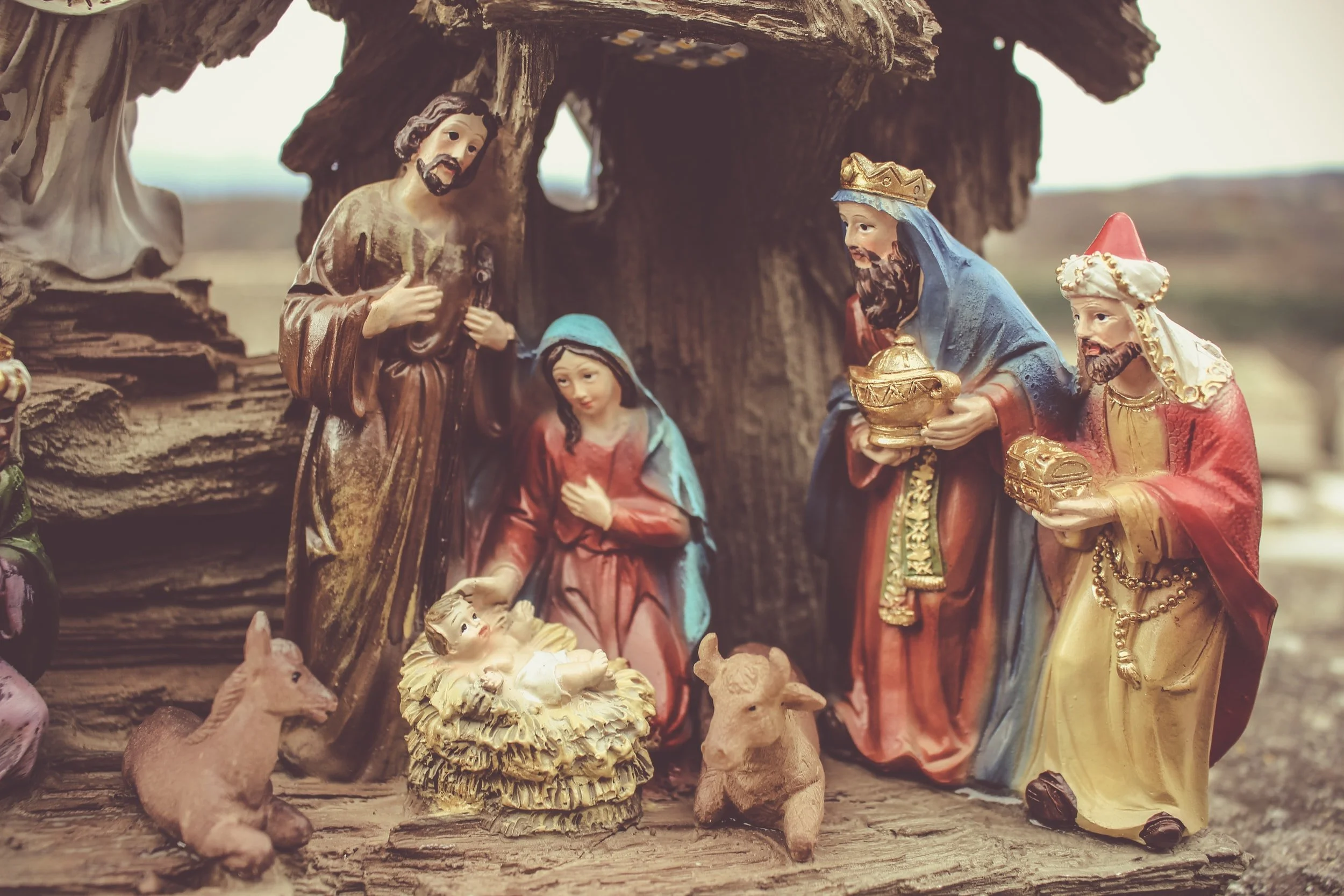For many Christians, the subject of money is taboo in church. Many don’t want any advice from the church about how to spend their money. They don’t want to hear requests for money, either. That’s odd, because Jesus apparently spoke often about money, and he didn’t mince any words about how it should be used.
Read MoreDuring the season of Easter, Christians tend to focus mainly on the death and resurrection of Jesus, but historical-Jesus scholar Stephen J. Patterson believes that Jesus’s life is what makes his death and resurrection important. In his book Beyond the Passion: Rethinking the Death and Life of Jesus , Patterson explains his view.
“To celebrate his death apart from the cause for which he lived,” Patterson believes, “would be ridiculous and meaningless. Yet that is what we have done for the most part.” Jesus’s earliest followers were profoundly devoted to his way of life, and they used his death to call attention to his way of life. “They did not see his death or his resurrection as events significant in themselves. They were the fitting end of a life of extraordinary power and vision.” It was a life to be embraced and remembered as revealing God.
Read MoreWhen people of any religion insist that the treasure cannot be carried except in their earthen vessels, they get into serious trouble - with themselves, with others, with the world and, I suspect, with God… Why do we do it? Because we are afraid.
Read MoreIs Jesus the main or only requirement?
What are the two or three elements necessary for a group of people to be the church, and what makes the church distinctive from other community enterprises of goodwill and service?
Read More"It seems that as churches decline in membership," a couple younger pastors explained, "the focus of congregations becomes not seeking those who are lost, but getting younger people in the door because they are the church's future. The subtext is, 'They might keep this building up and keep this church from going under."'
Read MoreI’m always interested in learning more about the relation between spirituality and health, but a documentary film I watched recently raised questions in my mind. It especially made me wonder what kind of religious involvement promotes health.
Read MoreReligious and secular history are full of instances like this, when what "everyone" assumed was God's will turned out not to be.
Read MoreToo many of us spend years clenched in tight buds with regard to our religious beliefs instead of letting ourselves open into the blossom that every bud is meant to become.
Read MoreFor coping with adult life and doing the ministries that God calls all of us to do, what we learned in kindergarten isn't enough.
Limiting ourselves to what our parents, Sunday School teachers, and other early religious mentors taught us is more comfortable than moving beyond it, however.
Read MoreDo you have a mental picture of Jesus? If so, what is it like, and where did it come from? Some of our mental pictures, like some paintings and printed pictures that claim to be Jesus, seem very different from what the earthly Jesus must have really looked like.
Read MoreIs our own comfort or God's will our top priority? Advent is a good time for a new answer.
Read MoreIn my previous post, I wrote about how the church has become married to tradition, not to the God they claim. You can read that post here. This week, I will examine the huge mound of stones that is the church. I see different kinds of stones (traditions); many are still usable, but some aren't.
Read MoreOver the centuries millions of individuals and groups have contributed stones to the church pile. We've inherited it, and we continually need to ask, "What do these stones mean?" For many years I never dared to ask that question. I merely assumed that all traditional church doctrines and customs were valid, because I thought that was what everyone was supposed to do.
Read MoreBecause so much is still unknown about homosexuality and transgender by those that don’t identify as such, I believe that making new rules or preserving existing ones that make LGBTQ people second-class church members or citizens is unwise, unloving, and keeps our hearts hardened. I believe we need to keep our hearts, our minds, and especially our churches open.
Read More




















